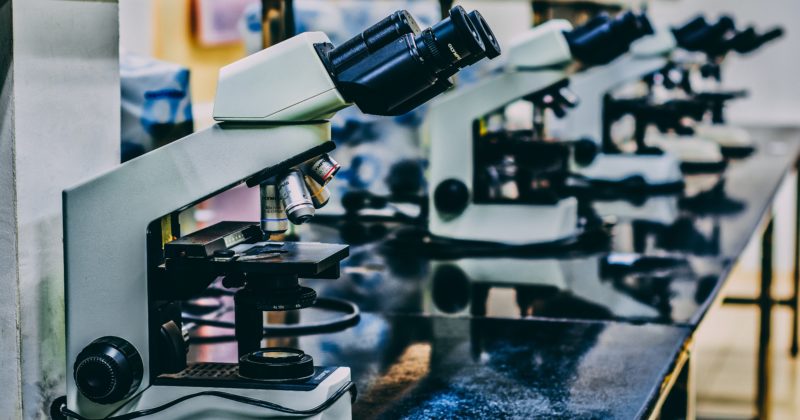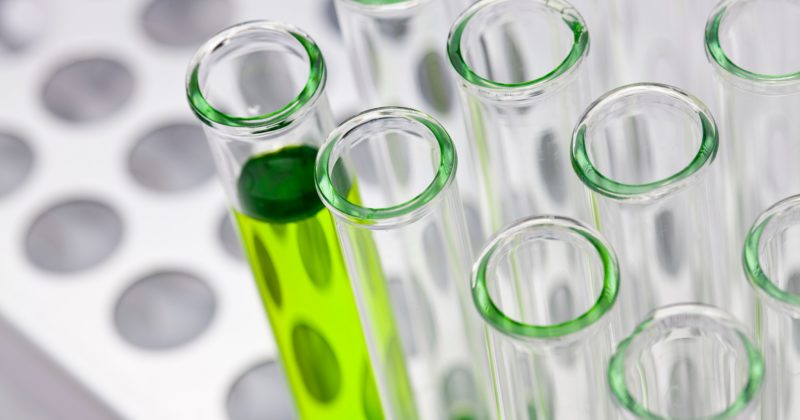

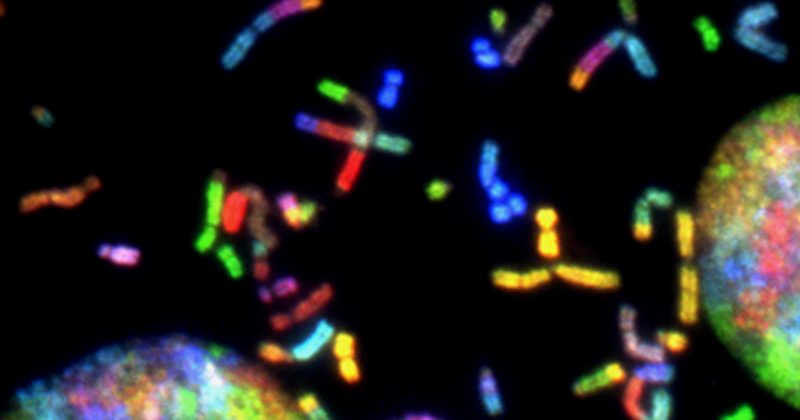
Accès et partages des ressources génétiques à l’heure de la digitalisation
April 2021 – Dounia Mulders
March 2021 – Bernard Hanseeuw
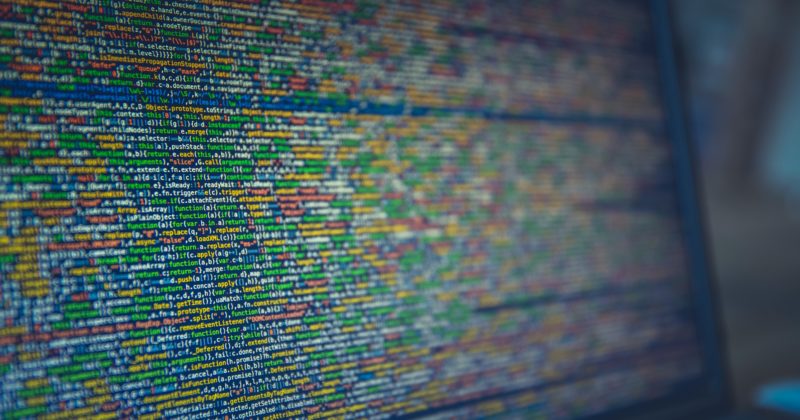
Artificial intelligence : perspectives in laboratory medicine
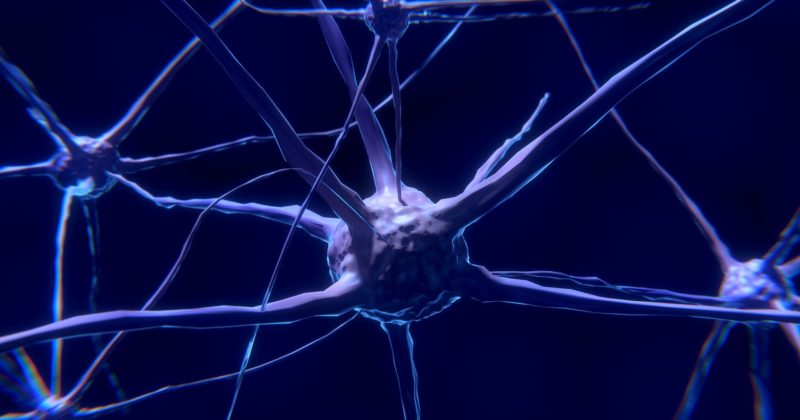
Feedback control and movement adaptation in (biological) neural networks
February 2021 – Jean Léger
December 2020 – Eliott Brion

Introducing TRusted AI Labs (TRAIL)
